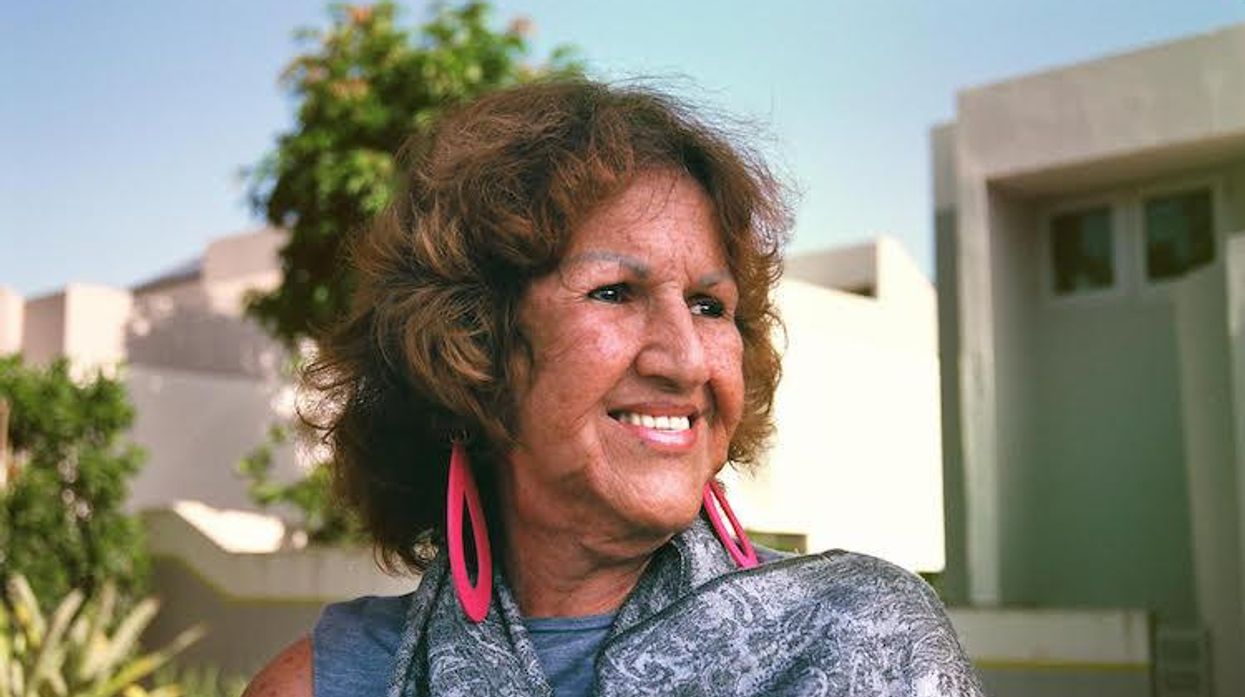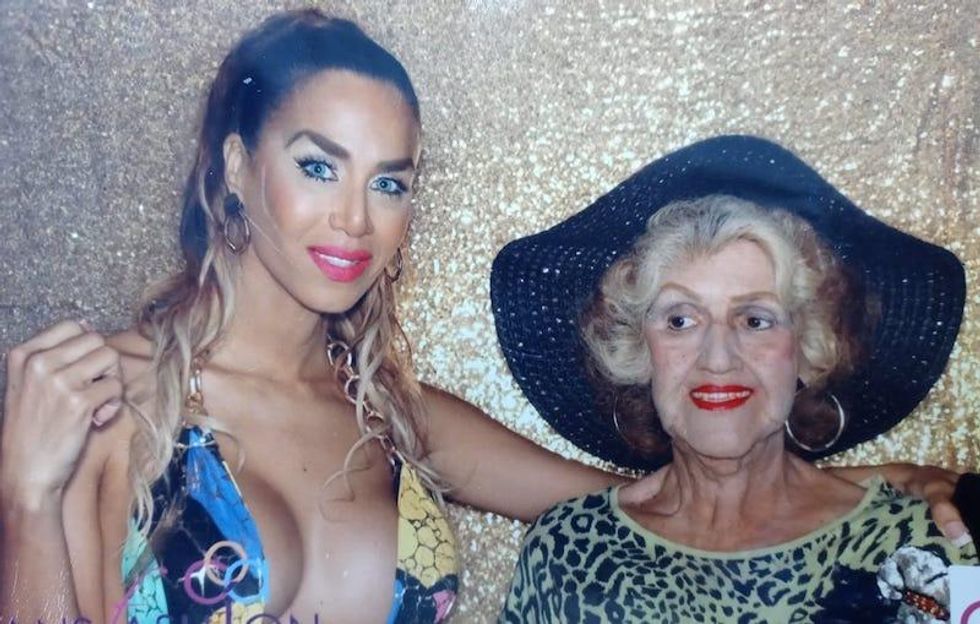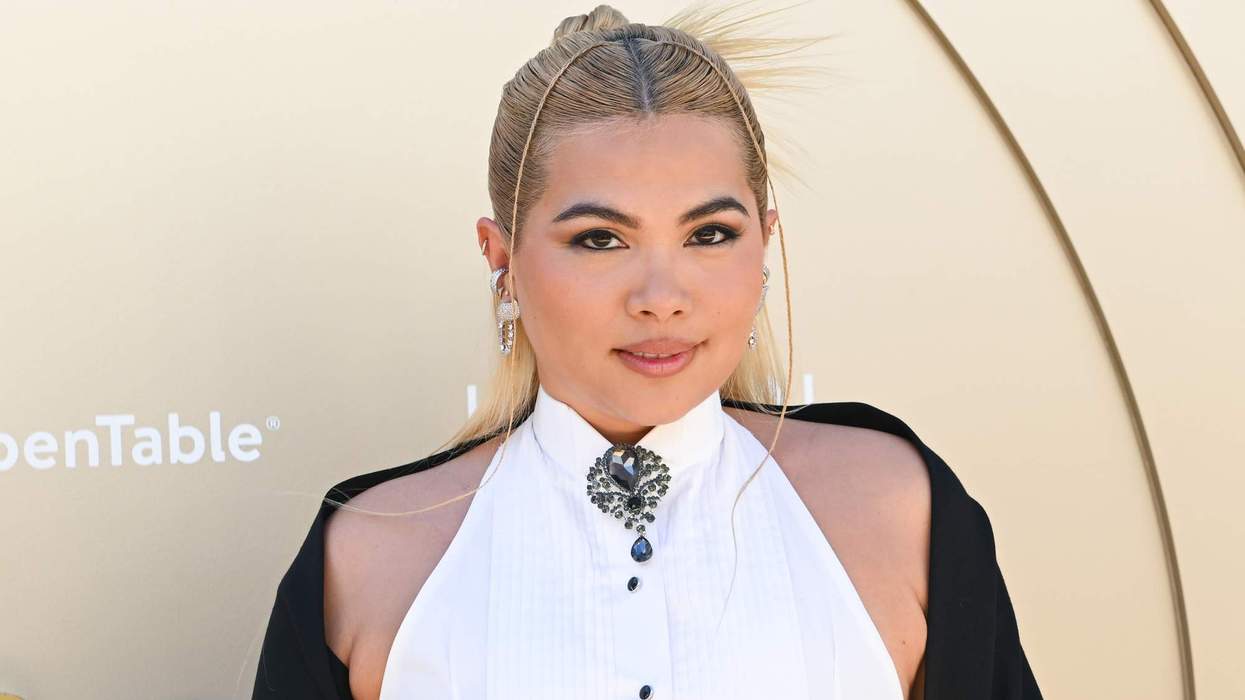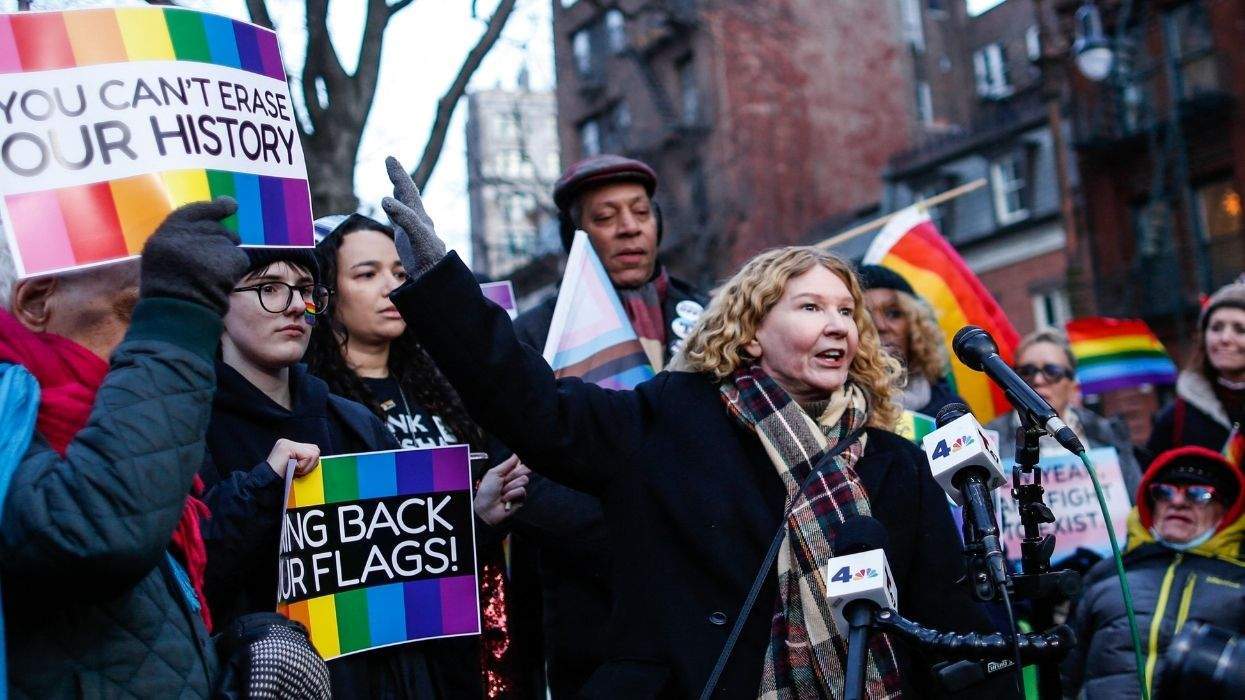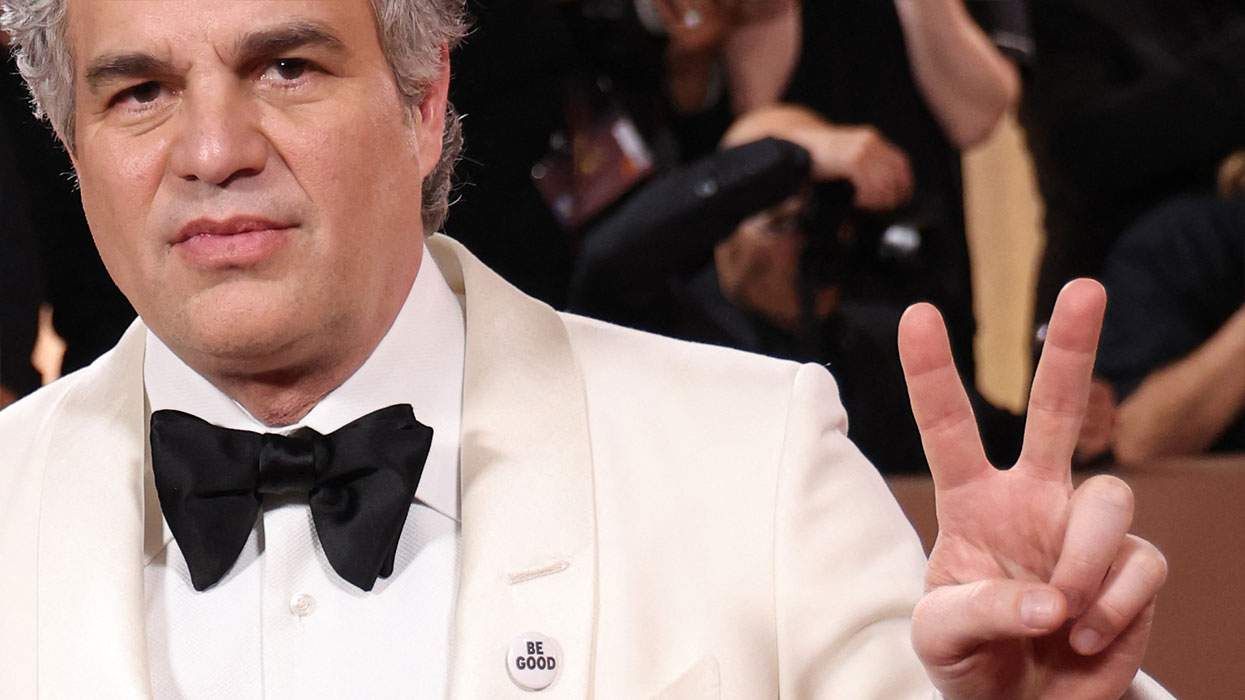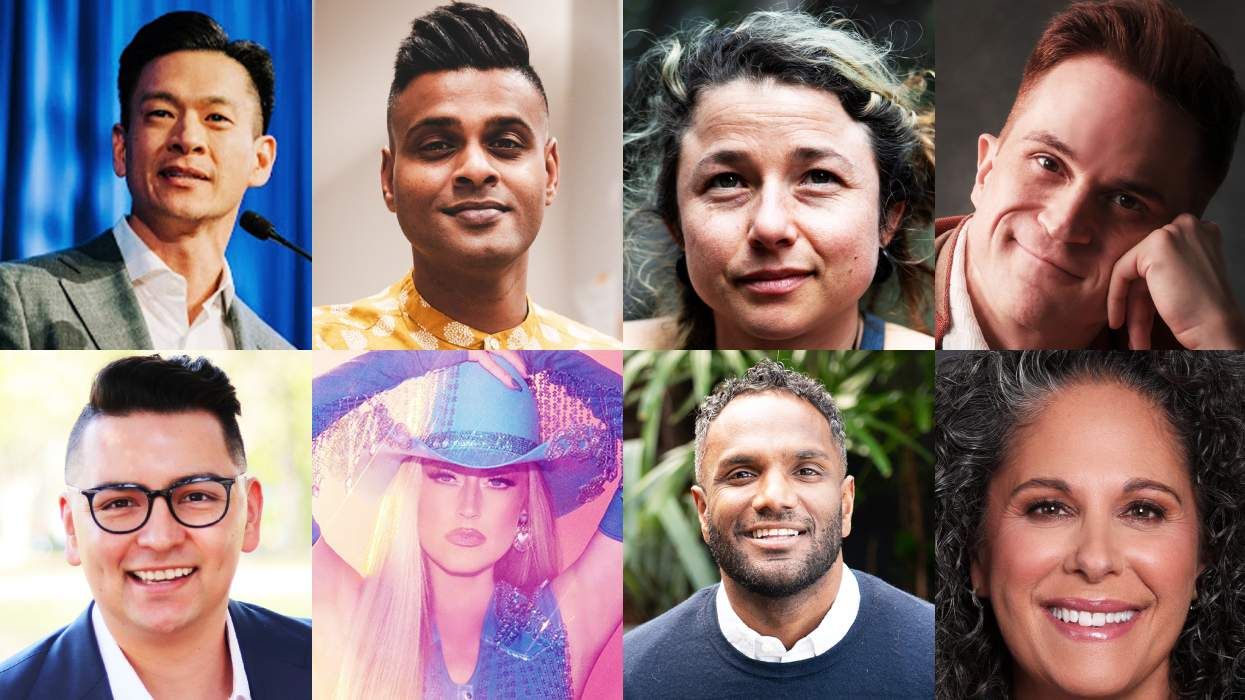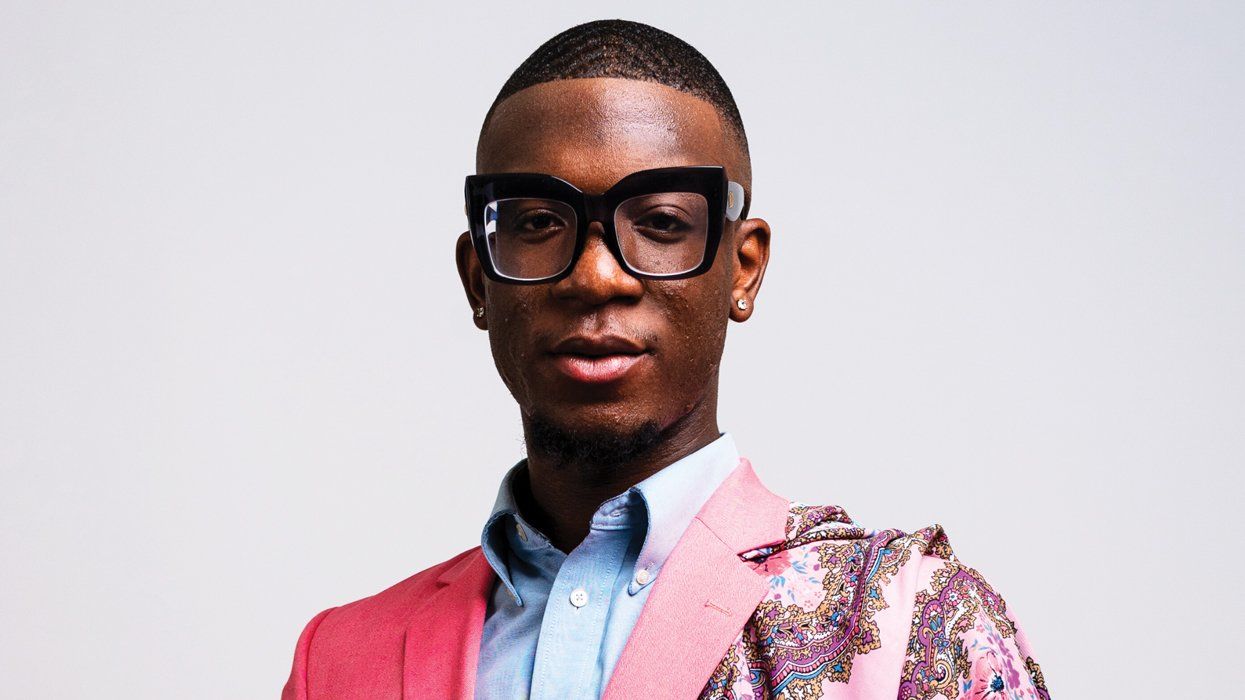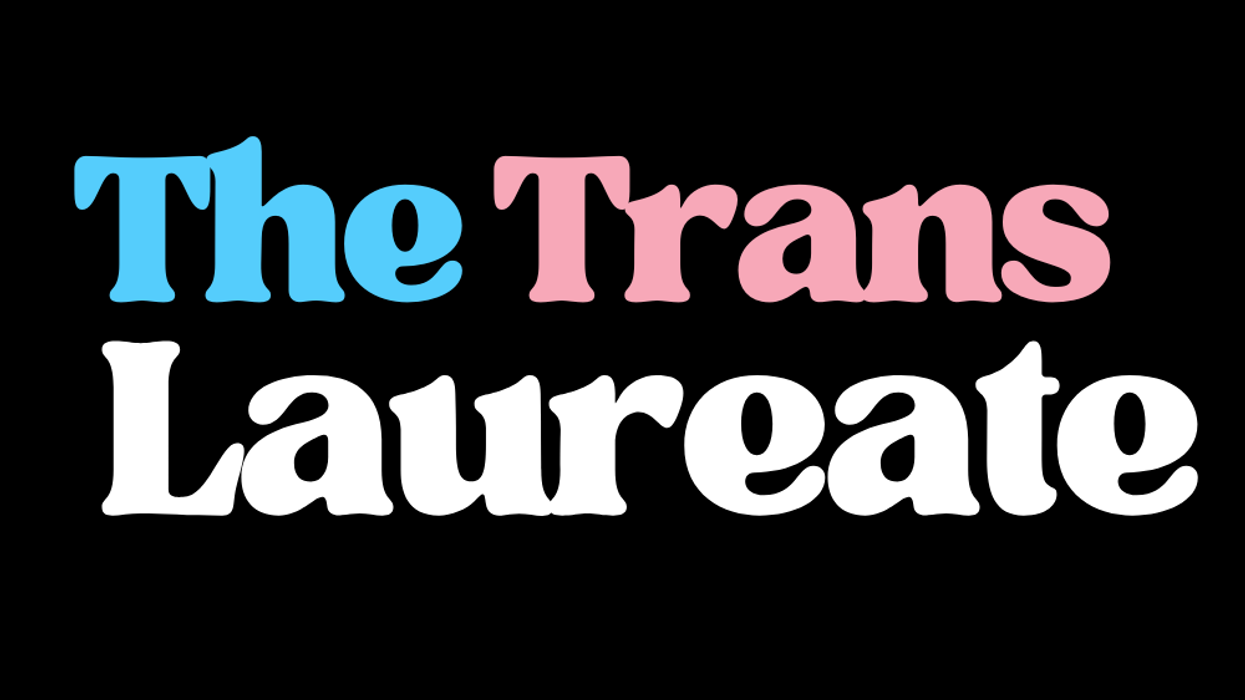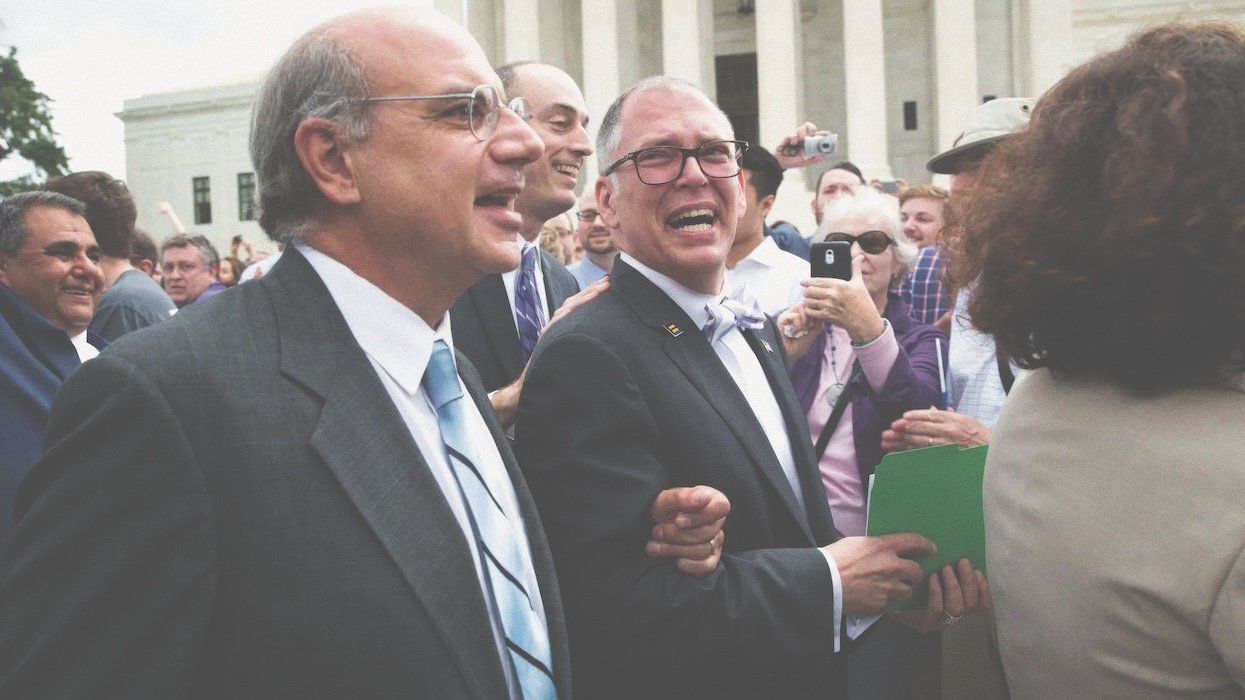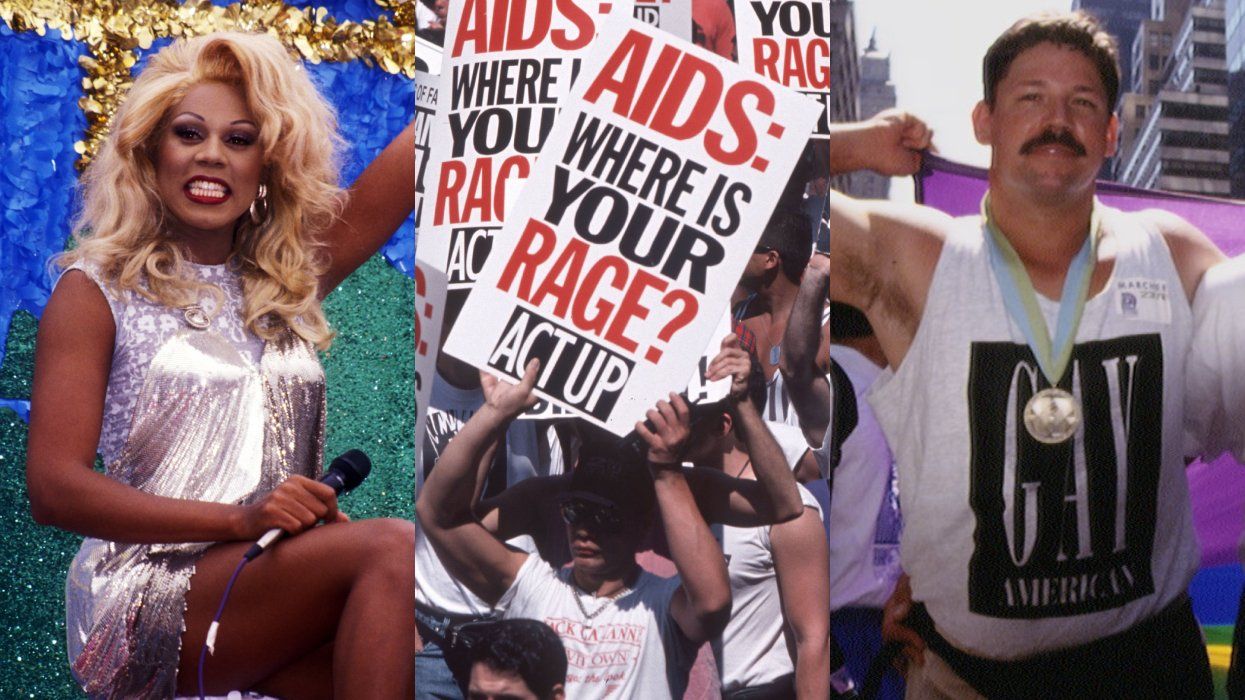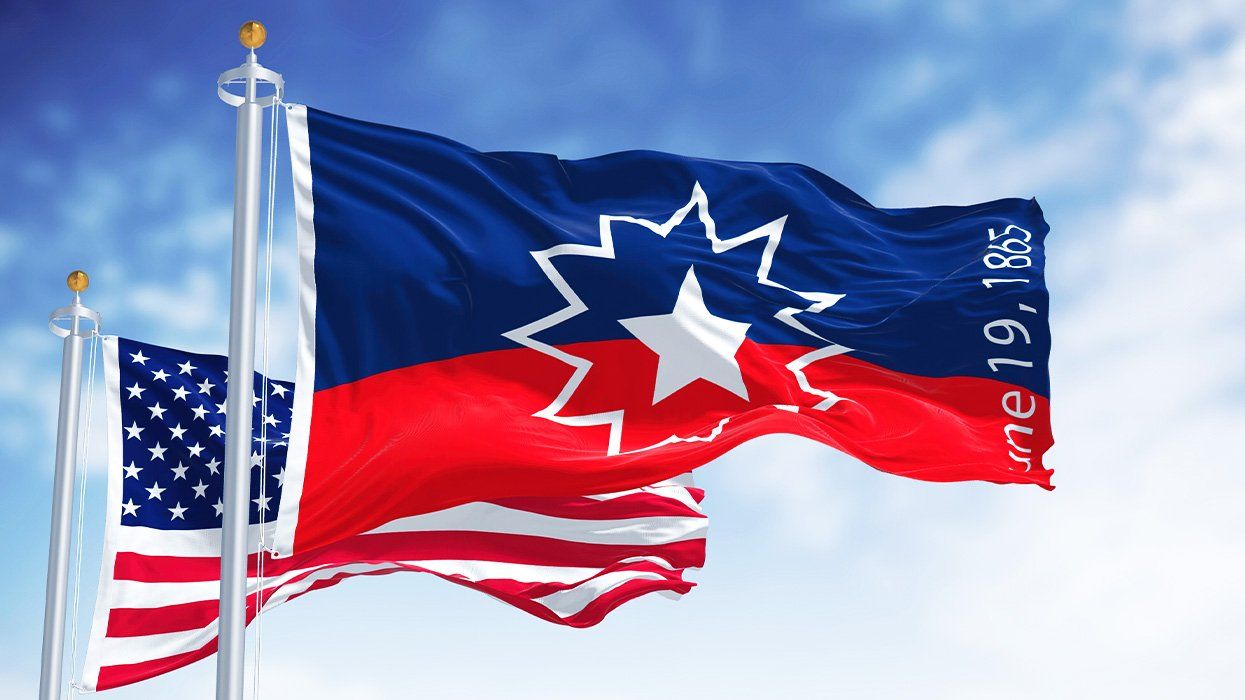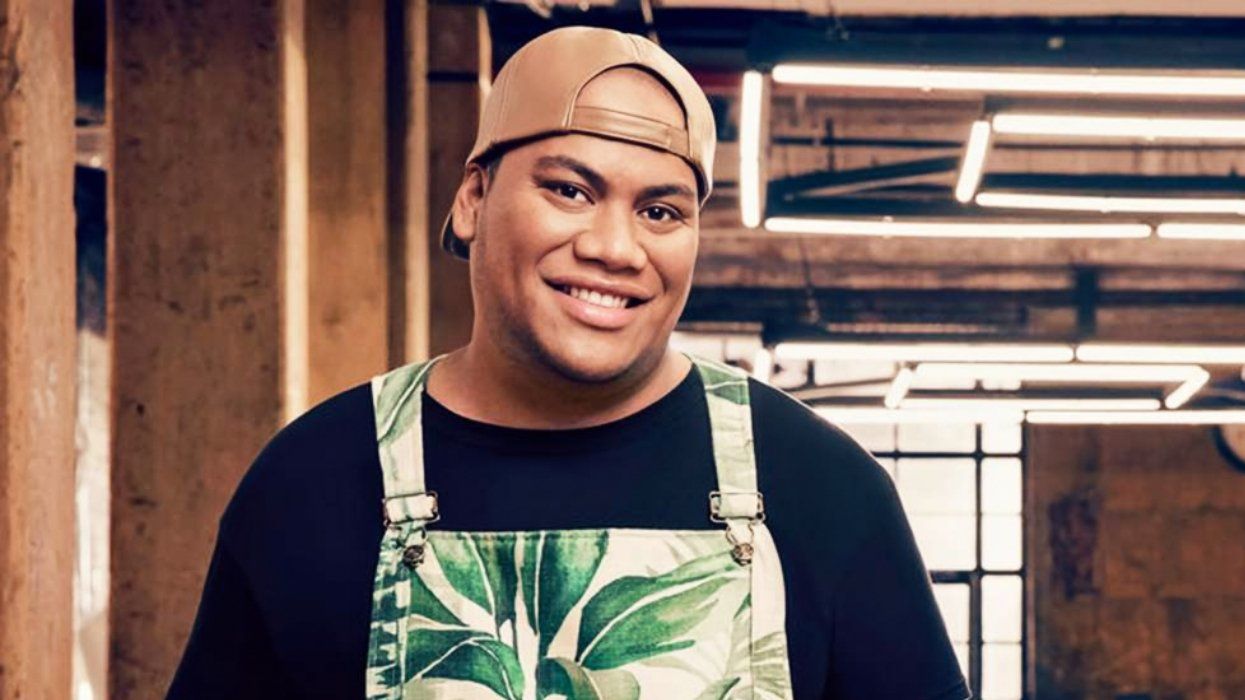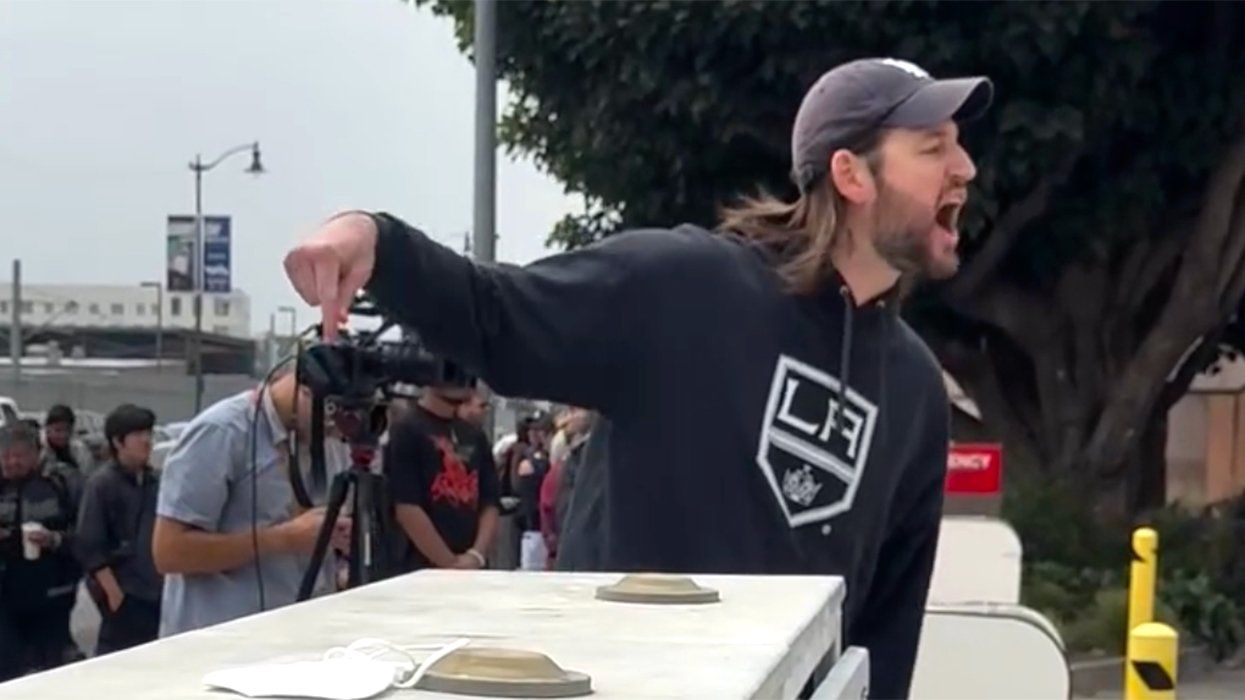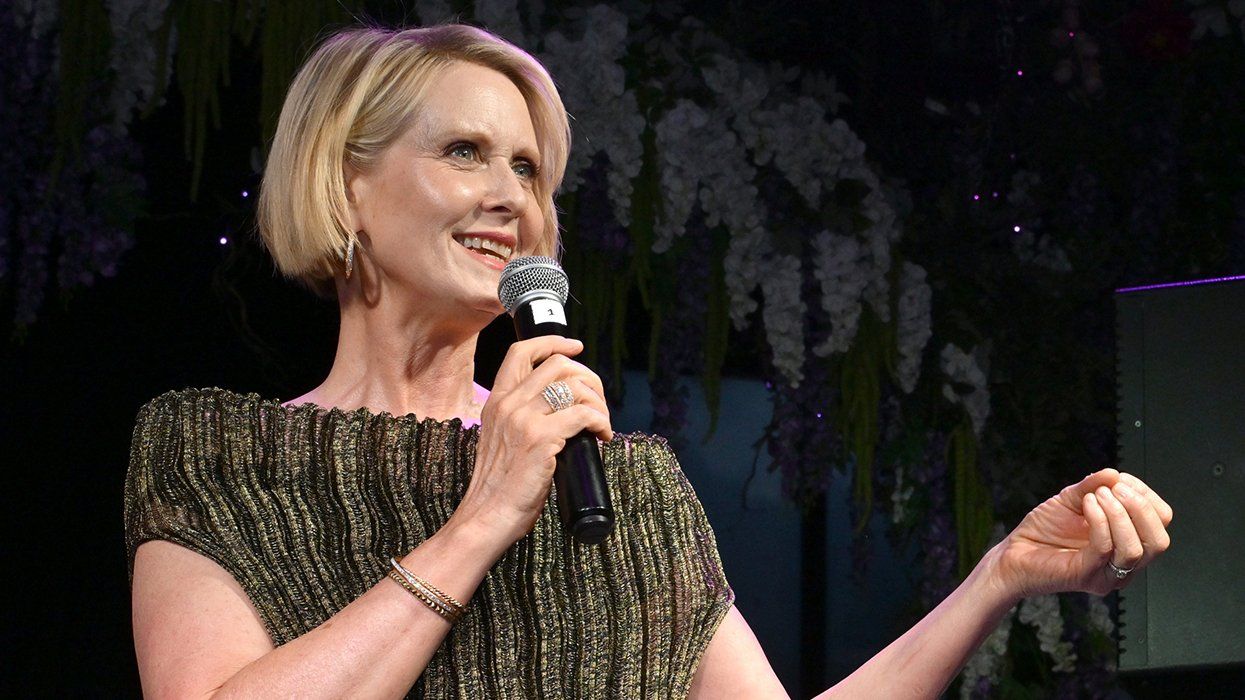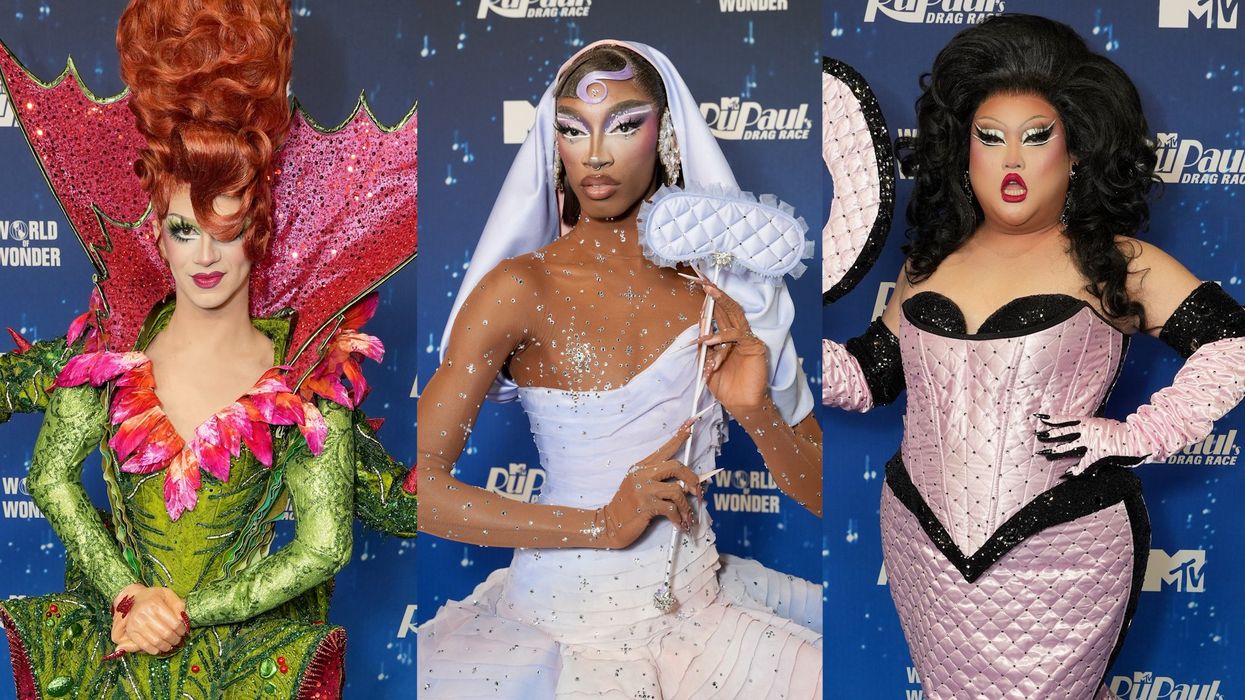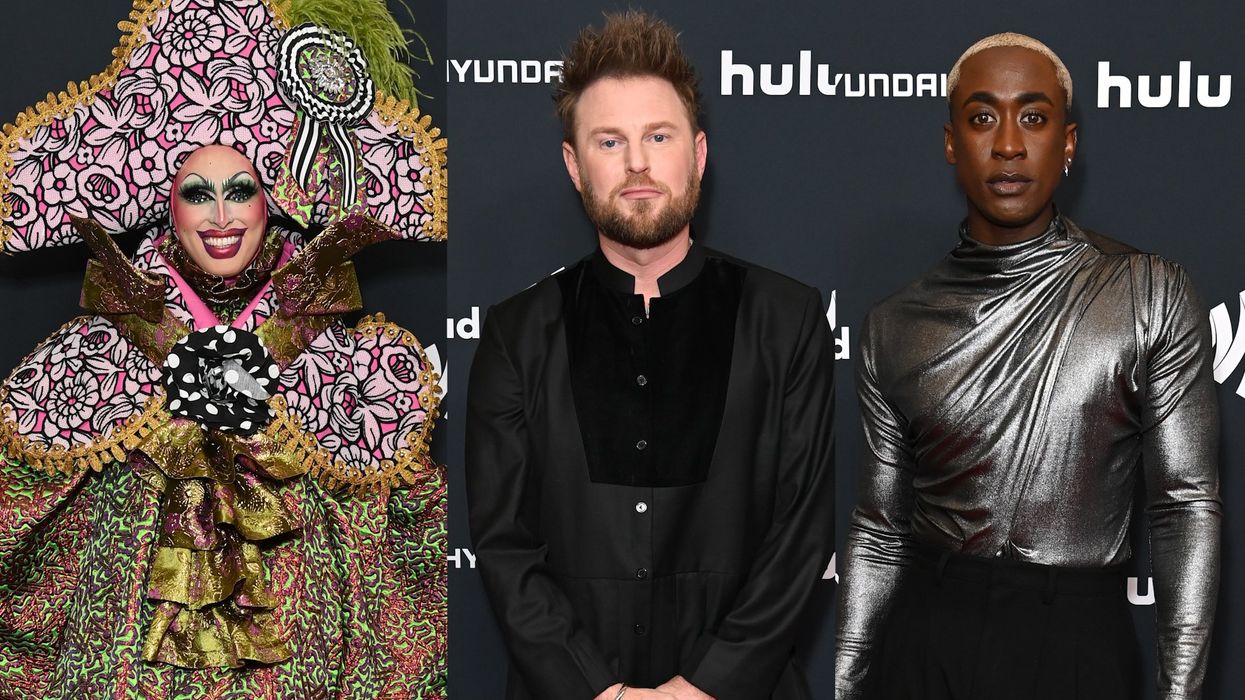By the time we met Soraya Santiago at her hair salon in Puerto Rico in 2012, she had already changed the world. You could tell by the way she carried herself, the way she wore her Pamela hat like a hard earned crown. She made jokes about her likeness to Ingrid Bergman and Audrey Hepburn, having constructed her own Hollywood story inside the oldest colony in the world.
In a little over seven decades, Santiago conquered her surroundings, fought against a conservative political class with near-zero trans visibility before her time, and survived to tell her story: the story of commanding respect as a Puerto Rican woman.
Months before meeting, we had heard of the mythical Santiago who ran a celebrated salon in Carolina, where Miss Universe winners, high ranking politicians, and telenovela actresses entrusted themselves to her care. But we had failed to get in touch with her, as the salon's phone number always rang busy.
One day, Ivana Fred, one of Puerto Rico's most prominent and celebrated trans activists, walked us straight into the salon, and right there we filmed what is probably the most discussed scene from MALA MALA, our film documenting the lives of 9 trans people living in Puerto Rico and the historic approval of Law 238, which prevents discrimination in employment based on gender identity and/or sexual orientation. In it, Santiago argues with Fred about gender identity, highlighting clear ideological differences between generations of trans pioneers. In spite of their differences, Santiago understood her place within the trans community as a champion for autonomy and the rights of self-determination, and for this she was a grandmother to so many who came after her.
Trans histories are central to the core of human history. They shake basic assumptions about who we are, what we are, and what the journey of self-creation looks like. For decades, Santiago was at the forefront of the sexual revolution in Stonewall-era New York City and the burgeoning trans liberation movement in Puerto Rico. Her life was too big to be properly reported on at the time, but she took matters into her own hands. Aware of the importance of her own story, she made sure to write it all down in her memoir, Hecha a Mano (Made by Hand).
Santiago opens her book writing: "From the beginning, I was set up to fail, because of the poor hand I was dealt in the game of life. But I decided to play, win or lose, because it was either that or quitting, disappearing, or hiding, only to become the unhappiest person on the planet." Her memoir chronicles every brave step she took since her birth in 1947 San Juan to her battles in court and years in the trenches of island politics.
In 1975, Soraya travelled from Puerto Rico to New York to have gender-affirming surgery with the support of her mother. She recalled to Remezcla in 2015: "I told my mother that I wanted to be a woman if only for just a day of my life and then I could die...But life has been so generous with me that I've been given forty years of womanhood. That is, I've been a woman for more than half of my life." When she returned to the island from New York, she recalled proudly showing off, knowing she had paved the way for generations to come. "Estaba culeca", she joked, a flirty expression of pride in Spanish. If she had done it, so could the rest.
Soraya fought in court to have her identity legally recognized by the government, becoming one of the first Puerto Ricans to win the legal battle over changing their sex on their birth certificate. Always keeping this document within reach at her salon, it stands a historic record of trans victory on the island of Puerto Rico. Brazenly, Santiago was also the first trans woman to run for public office on the island in 2008. Last year, she achieved the lifelong goal of graduating from the University of Puerto Rico with a B.A. in Political Science.
In Chapter 31 of her memoir, titled "My Desire to become a Mother", she writes about adopting her son, Eddie, who she trained to become an expert hairstylist, working alongside her at the salon. She self-published the memoir in 2014, coinciding with the premiere of MALA MALA. For the film's theatrical premiere in New York, she packed her suitcase full of her last copies, carrying them with her on the subway in a shopping bag, up and down Manhattan, gifting and selling them during the press tour.
In her final days, Santiago was taken care of by her son and Ivana Fred. Knowing how trans stories require repeated tellings to be heard by those indirectly attuned to the vibrations, she was chronicling her own life up until the end. She was working on a follow-up memoir about life in her 70s, a story too few trans folks get to share.
"Her life was the message," Fred, her friend, sister, mother, and partner in crime, says. "She served as an example, and she offered herself as an example to the rest of us, to future trans generations."
"Every person is born with a purpose," she continues. "The purpose of Soraya's life was to change how our culture, during her generation, perceived and treated trans people. During her time, we were a complete taboo that people wouldn't dare acknowledge. She was able to breakthrough, she broke through all the barriers that they put in her way, and in doing so, she made visible our community, one that had been treated as if it didn't exist. She demanded that the government recognize her as she wanted. I loved debating with her. We came from different generations and saw things very differently. We saw identity differently. But we always respected each other and learned from each other. The greatest satisfaction is knowing that I was able to be by her side until the end. She taught me so much."
We were lucky to have witnessed her legacy up close. The island Santiago left behind is one in which countless murders against trans Puerto Ricans have been left unresolved, and there is still much work to be done. It's up to all of us to carry her torch, it's up to all of us to embody her courage, and it's up to all of us to remember her legacy.


